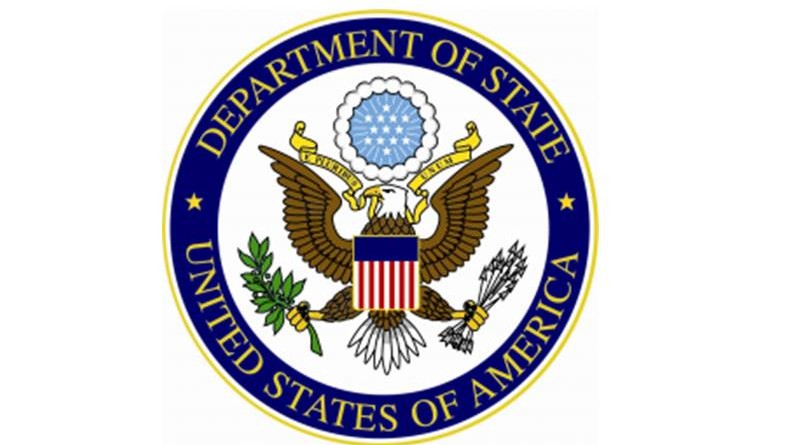USA and Ghana Partnership Advances Early Grade Reading
One of the key partnerships between the United States of America and the Republic of Ghana is focused on promoting a quality education for Ghanaian children. The collaboration between Ghana’s Ministry of Education and the U.S. Agency for International Development (USAID) has advanced early grade reading for school children through the Ministry’s “Dagbani Language Prototype” program. The Ministry of Education and USAID are hosting a ceremony in Yendi from September 19 through 20 to celebrate the “Dagbani Language Prototype” program’s success.
After six months of program implementation in Yendi, early grade reading assessment results recorded a significant increase in student reading scores among the 20 Yendi municipality pilot schools. Decoding skills increased by 52%; oral reading fluency increased from 0 to 16 words per minute; and listening comprehension results increased by 26%. In addition, teacher attendance increased by 32% and 92% of teachers correctly implemented teaching and learning activities.
The partnership has expanded to 100 districts across the ten regions of Ghana, and is offered for children in eleven official national languages. The program enhanced the ability of 38,000 teachers in over 7,200 schools to improve reading achievement results for 1.1 million Kindergarten 2 and Primary grades 1 and 2 students during the 2018 – 2019 academic year. USAID piloted a phonics-based, mother tongue approach to early grade reading in 20 underperforming schools in the Yendi Municipality.
National assessments in 2013 and 2015 demonstrated that 50% of children in primary grade 2 struggled with reading. Only 2% were able to read at grade level with comprehension. USAID partnered with the Ministry of Education to identify a phonics-based reading instruction approach to improve reading achievement scores. The Ministry of Education then developed the “Dagbani Language Prototype” program, which focuses on teaching the building blocks of reading, including letter recognition and sounds, decoding, vocabulary, fluency, and comprehension through instructional materials and teacher training courses. USAID and the Ministry of Education printed and distributed materials, and trained Head-teachers and Curriculum Leads, District Teacher Support Team members, and Circuit Supervisors to provide continuous pedagogical and coaching support, and to monitor program implementation.




